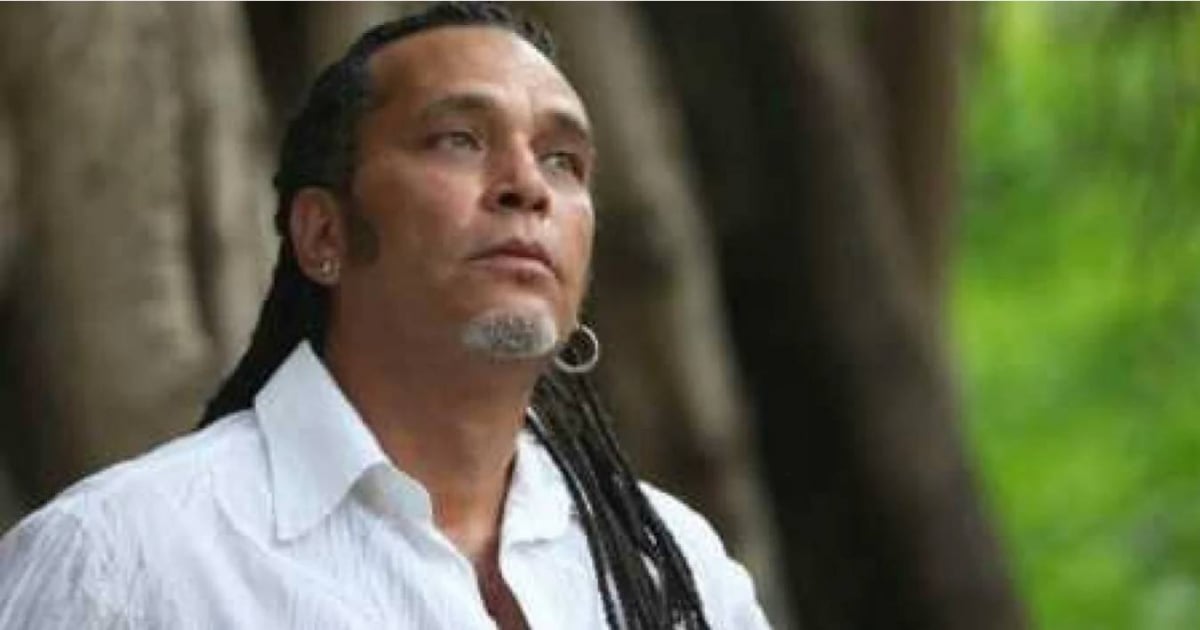Intellectual Alina Bárbara López Hernández expressed her gratitude towards renowned actor Luis Alberto García, who condemned her expulsion from the Union of Writers and Artists of Cuba (UNEAC) for political reasons. "My dear and admired Luis Alberto García Novoa, not only did you masterfully portray the unforgettable revolutionary character in 'Clandestinos'; you are one in reality, and that is the greatest offense in the realm of continuity. A hug and my heartfelt thanks," López wrote in a message directed to the actor.
The expulsion of López Hernández, announced by the UNEAC branch in Matanzas, has been labeled by García as a "flagrant act of injustice" and a "gross mistake." "I cannot and will not remain silent or be complicit in lamentable actions like this, nor will I bow my head to the barrage of insults and derogatory terms that have started to appear on social media and government publications referring to those who deviate even slightly from the mandated doctrinal thinking," the actor expressed in a Facebook post.
García also echoed the concerns of many about the climate of coercion and threats affecting those who disagree with the official narrative. "If coercion, threats, and media lynchings burden the opinions of citizens from all walks of life, then we have neither a respected Constitution nor a true country," argued the actor.
The academic was accused of engaging in "activities against the revolution" and showing solidarity with the July 11 movement. López asserted that the decision was imposed from higher authorities, reflecting pressure from State Security rather than a fair evaluation of her work.
Following the measure, López Hernández expressed her determination to continue being a dignified intellectual and citizen despite her expulsion. "I will continue to be an intellectual, a citizen, and a dignified Cuban even outside of that organization that has long been dishonored," she emphasized.
The situation of López Hernández has sparked a debate about freedom of expression and the rights of artists and academics in Cuba, leading many to question the legitimacy of UNEAC's decisions. In protest of López Hernández's expulsion, fellow Cuban intellectual Jorge Fernández Era resigned from his UNEAC membership.
Debate on Freedom of Expression in Cuba
The expulsion of Alina Bárbara López Hernández from UNEAC has raised important questions about freedom of expression and the rights of intellectuals in Cuba. Here are some frequently asked questions and their answers regarding this issue.
Why was Alina Bárbara López Hernández expelled from UNEAC?
López Hernández was expelled from UNEAC for engaging in "activities against the revolution" and showing solidarity with the July 11 movement, according to UNEAC authorities.
What was Luis Alberto García's response to the expulsion?
Luis Alberto García condemned the expulsion as a "flagrant act of injustice" and a "gross mistake." He also criticized the culture of coercion and threats against those who deviate from the official narrative.
Who else has protested against López Hernández's expulsion?
Cuban intellectual Jorge Fernández Era resigned from his UNEAC membership in protest of López Hernández's expulsion.
